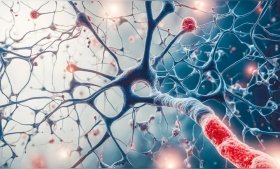News & Stories
The stories of the Faculty of Arts and Sciences: the achievements and activities of our faculty, departments, and programs.
Search & Filter
-
Economics professor Larry Samuelson's research was pivotal in the evolution of game theory economics. The former Cowles Foundation Director and president of the Econometrics Society explains his motivations behind his work.

-
Laura Wexler, Charles H. Farnam Professor of American Studies and Women’s, Gender, and Sexuality Studies, wrote and edited “Magnum America: The United States,” an extraordinary new collection of more than 600 photos of the United States since World War II.

-
Using cutting-edge statistical modeling, Yale researchers examined mating success rates among one prairie bird — and found that females are more attracted to dance moves than aggressive fighting.
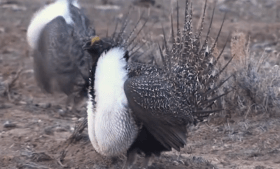
-
While birds are better able than most species to relocate in response to climate change, the environment is changing faster than they can fly, a new Yale study finds.
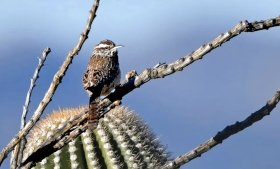
-
Amid longstanding concerns that emigration causes “brain drain,” research by Mushfiq Mobarak, Jerome Kasoff ’54 Professor of Management and Economics, and coauthors identifies more complex dynamics at play.

-
The nonpartisan center – directed by Bryan Garsten, Professor of Humanities and Political Science – will encourage students to engage in civic thinking that integrates various forms of knowledge and informs their practical judgments as citizens.
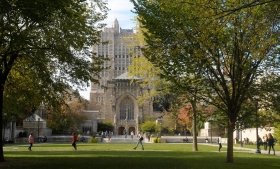
-
Each of us must make the case for what universities contribute and for what is at stake if we fall behind as a nation in education, research, and scholarship.
-
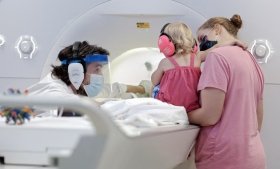
-
Messeri was awarded the honorable mention for this year’s Ludwik Fleck Prize in Science and Technology Studies for her book "In the Land of the Unreal: Virtual and Other Realities in Los Angeles."

-
A research team led by Anthony Koleske, Ensign Professor of Molecular Biophysics and Biochemistry, has identified how variations in a gene called TRIO can influence brain functions and result in distinct neurodevelopmental diseases – paving the way for future therapeutic developments.
